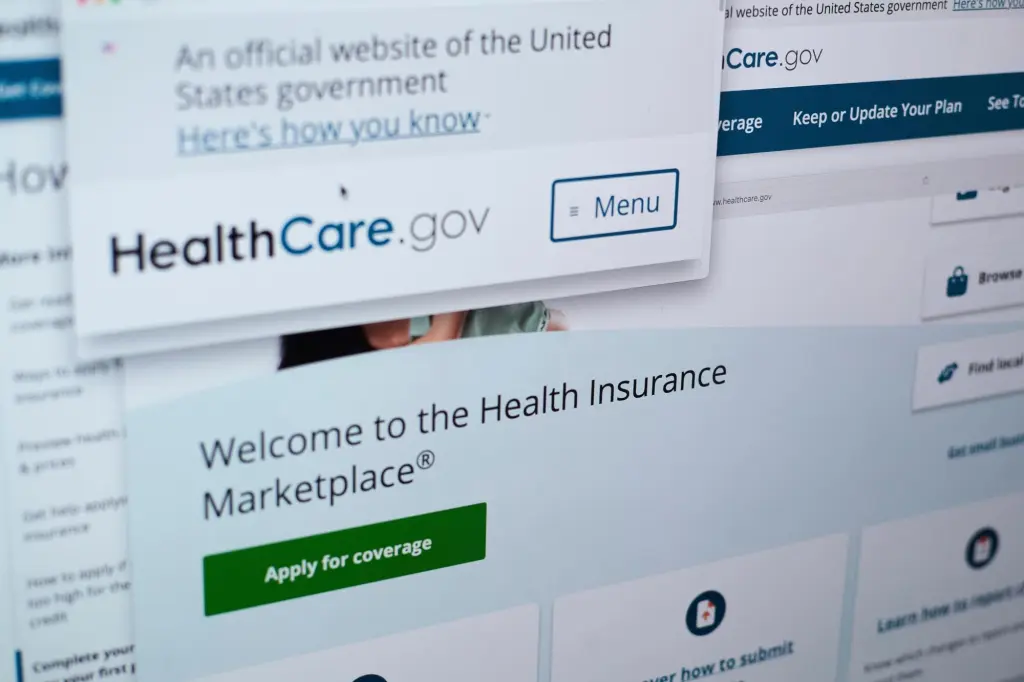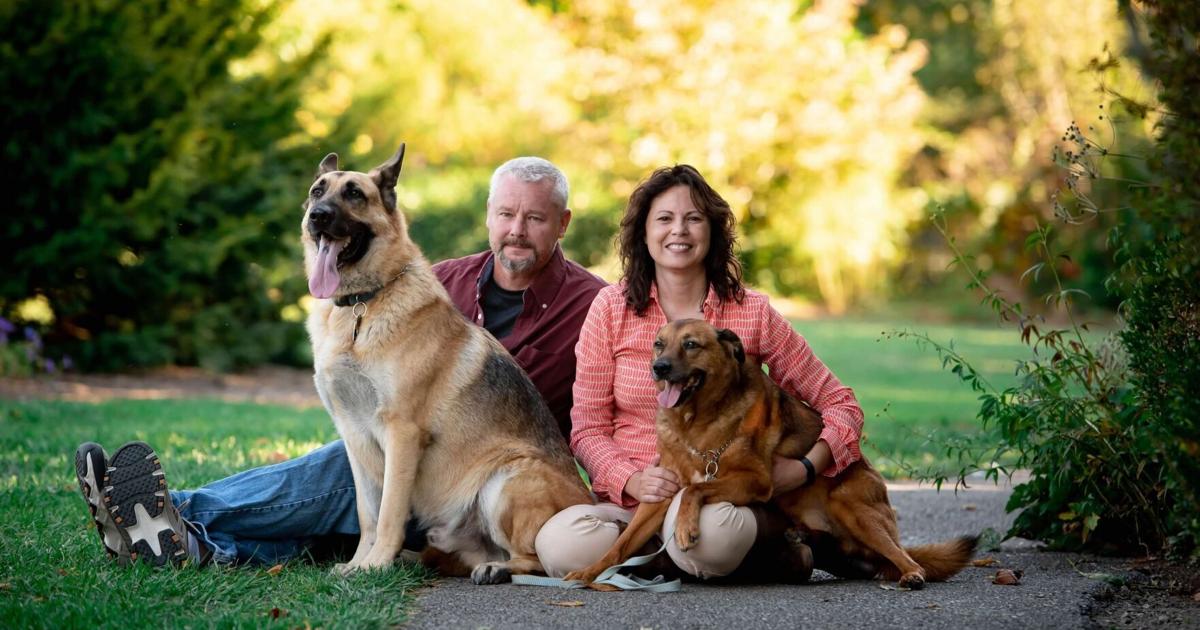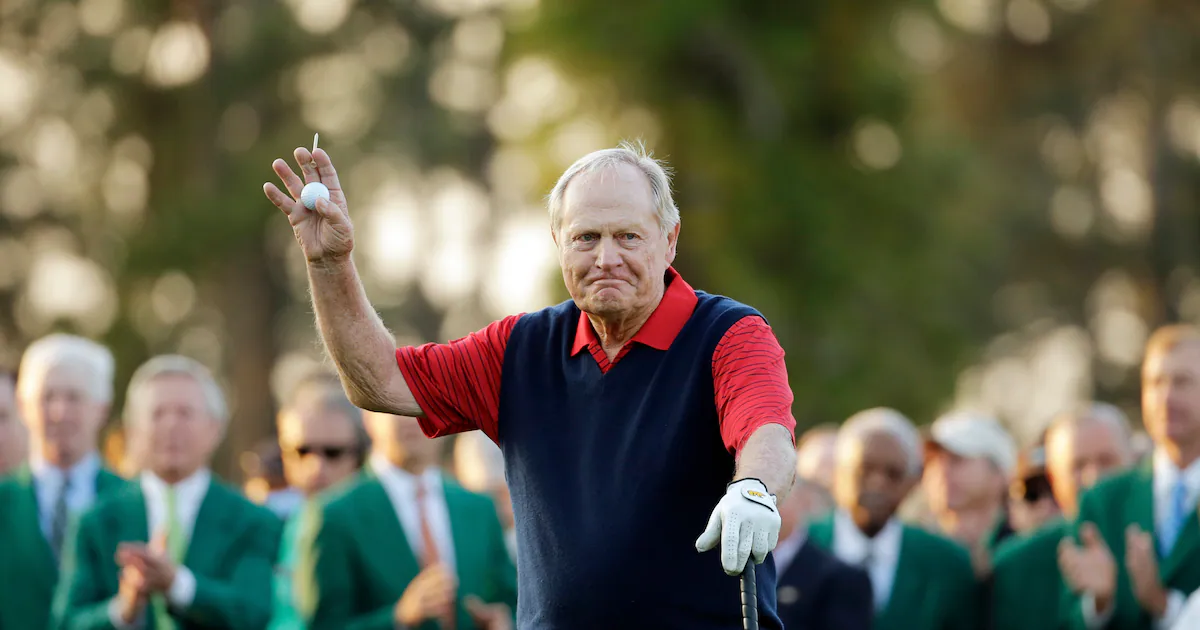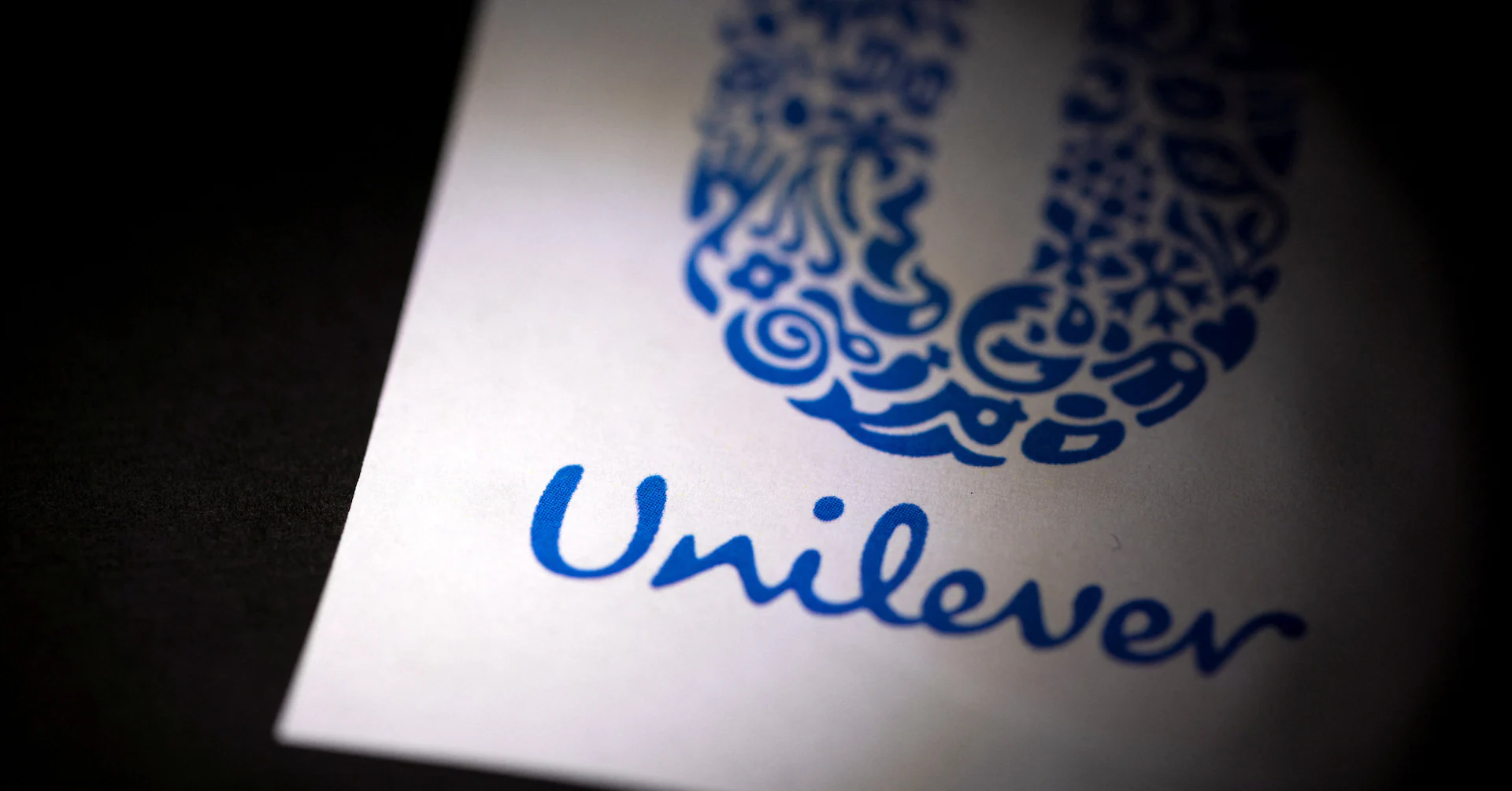Copyright St. Paul Pioneer Press

To place an obituary, please include the information from the obituary checklist below in an email to obits@pioneerpress.com. There is no option to place them through our website. Feel free to contact our obituary desk at 651-228-5263 with any questions. General Information: Your full name, Address (City, State, Zip Code), Phone number, And an alternate phone number (if any) Obituary Specification: Name of Deceased, Obituary Text, A photo in a JPEG or PDF file is preferable, TIF and other files are accepted, we will contact you if there are any issues with the photo. Ad Run dates There is a discount for running more than one day, but this must be scheduled on the first run date to apply. If a photo is used, it must be used for both days for the discount to apply, contact us for more information. Policies: Verification of Death: In order to publish obituaries a name and phone number of funeral home/cremation society is required. We must contact the funeral home/cremation society handling the arrangements during their business hours to verify the death. If the body of the deceased has been donated to the University of Minnesota Anatomy Bequest Program, or a similar program, their phone number is required for verification. Please allow enough time to contact them especially during their limited weekend hours. A death certificate is also acceptable for this purpose but only one of these two options are necessary. Guestbook and Outside Websites: We are not allowed to reference other media sources with a guestbook or an obituary placed elsewhere when placing an obituary in print and online. We may place a website for a funeral home or a family email for contact instead; contact us with any questions regarding this matter. Obituary Process: Once your submission is completed, we will fax or email a proof for review prior to publication in the newspaper. This proof includes price and days the notice is scheduled to appear. Please review the proof carefully. We must be notified of errors or changes before the notice appears in the Pioneer Press based on each day’s deadlines. After publication, we will not be responsible for errors that may occur after final proofing. Online: Changes to an online obituary can be handled through the obituary desk. Call us with further questions. Payment Procedure: Pre-payment is required for all obituary notices prior to publication by the deadline specified below in our deadline schedule. Please call 651-228-5263 with your payment information after you have received the proof and approved its contents. Credit Card: Payment accepted by phone only due to PCI (Payment Card Industry) regulations EFT: Check by phone. Please provide your routing number and account number. Cash: Accepted at our FRONT COUNTER Monday – Friday from 8:00AM – 3:30PM Rates: The minimum charge is $162 for the first 10 lines. Every line after the first 10 is $12.20. If the ad is under 10 lines it will be charged the minimum rate of $162. On a second run date, the lines are $8.20 per line, starting w/ the first line. For example: if first run date was 20 lines the cost would be $164. Each photo published is $125 per day. For example: 2 photos in the paper on 2 days would be 4 photo charges at $500. Deadlines: Please follow deadline times to ensure your obituary is published on the day requested. Hours Deadline (no exceptions) Ad Photos MEMORIAM (NON-OBITUARY) REQUEST Unlike an obituary, Memoriam submissions are remembrances of a loved one who has passed. The rates for a memoriam differ from obituaries. Please call or email us for more memoriam information Please call 651-228-5280 for more information. HOURS: Monday – Friday 8:00AM – 5:00PM (CLOSED WEEKENDS and HOLIDAYS) Please submit your memoriam ad to memoriams@pioneerpress.com or call 651-228-5280. By ALI SWENSON and LINLEY SANDERS, Associated Press WASHINGTON (AP) — Most U.S. adults are worried about health care becoming more expensive, according to a new AP-NORC poll, as they make decisions about next year’s health coverage and a government shutdown keeps future health costs in limbo for millions. About 6 in 10 Americans are “extremely” or “very” concerned about their health costs going up in the next year, the survey from The Associated Press-NORC Center for Public Affairs Research finds — a worry that extends across age groups and includes people with and without health insurance. Many Americans have other health care anxieties, too. The poll found that about 4 in 10 Americans are “extremely” or “very” concerned about not being able to pay for health care or medications they need, not being able to access health care when they need it, or losing or not having health insurance. Medicare beneficiaries are already shopping for next year’s coverage, and open enrollment periods for many other health plans are approaching quickly in November. Federal policies have left millions of people at risk of skyrocketing health insurance premiums or of losing their health insurance altogether. The findings show that many Americans are feeling vulnerable to spiking health care costs, with some expressing concerns about whether they’ll have coverage at all. Latoya Wilson, an independent nurse consultant in Lafayette, Louisiana, currently uses a health insurance plan from the Affordable Care Act marketplace. But in the past two weeks, the 46-year-old has applied for more jobs than she had previously in her life, largely because she’s concerned about her premiums going up and wants the stability of employer-sponsored insurance. “Even before these health care cuts came into play, I was already having a significant issue getting the care that I needed this year,” she said. “Anything worse than what I already have is pretty scary.” Health care remains important to Americans when it’s center stage in Washington About 8 in 10 U.S. adults say the issue of health care is “extremely” or “very” important to them personally. That includes about 9 in 10 Democrats and three-quarters of Republicans, and it puts health care next to the economy among Americans’ top issue priorities. That significant attention on the issue raises the political stakes in what’s already been a crucial moment for federal health policy in the nation’s capital. President Donald Trump’s mega-bill passed this summer cuts more than $1 trillion from federal health care and food assistance over a decade, largely by imposing work requirements on those receiving aid and by shifting certain federal costs onto the states. Republicans say the cuts will prevent people who don’t need aid from gaming the system, but the cuts will ultimately result in millions of people losing health insurance coverage, according to projections from the nonpartisan Congressional Budget Office. More urgently, a congressional deadlock over Affordable Care Act subsidies that expire this year has thrown the federal government into a shutdown that’s dragged into a fourth straight week with no end in sight. Democratic lawmakers want any funding bill they sign to extend the subsidies, which have made ACA premiums less expensive for millions of people. Republicans in Congress have expressed willingness to negotiate on the issue, but only after the government is reopened. In interviews, some Americans said they doubted government leaders would take the necessary action to address their concerns on health care. “It is the federal government’s job to provide a better way of life for its people,” said Caleb Richter, a 30-year-old certified nursing assistant in Belleville, Wisconsin, who identifies as an independent. ”Right now, it just feels like they’re not trying.” But the poll reveals a deep ideological divide over what the government’s role should be, with Democrats far more likely than Republicans to say it’s the federal government’s job to make sure all Americans have health coverage. About 8 in 10 Democrats say this, compared with about one-third of Republicans. Most US adults disapprove of Trump’s handling of health care, the poll finds Health care continues to be a weakness for Trump. Only about 3 in 10 U.S. adults approve of the Republican president’s handling of health care, which hasn’t changed meaningfully since September. Almost all Democrats disapprove of his approach, but so do about 8 in 10 independents and about one-third of Republicans. Wilson, a Democrat, said she thinks Trump should be “doing things that affect the good of the group” when it comes to health care, including catering more to working-class Americans. But Michelle Truszkowski, a disabled veteran in Sterling Heights, Michigan, who is politically conservative, said she appreciates how Trump is focused on cutting fraud and abuse in the health care system. “I like that people who shouldn’t be getting benefits from the government are getting kicked off of them,” the 48-year-old said. “Health care is not a right. It’s a privilege.” Democrats trusted more than Republicans on health care, but many trust neither About 4 in 10 U.S. adults say they trust the Democrats to do a better job handling health care, compared with about one-quarter who trust the Republicans more. About one-quarter trust neither party, and about 1 in 10 trust both equally. Americans are more likely to trust their own party on health care, generally speaking, but 76% of Democrats trust their party more on health care, while only 57% of Republicans have more trust in theirs. Independents are especially likely to trust neither party on health care — about half of independents say this. But the remaining independents are more likely to trust the Democrats. Richter, in Wisconsin, said he wishes Congress would put more faith and funding into hospital staffers who know how to help patients. He said he’d be fine with paying higher taxes if it meant ensuring health care for people who need it. But instead of working toward solutions, he said, federal lawmakers are acting “like a bunch of high school kids arguing.” “My faith that something will get done is very, very low at this point,” Richter said. “It just feels like they don’t really care.” The AP-NORC poll of 1,289 adults was conducted Oct. 9-13, using a sample drawn from NORC’s probability-based AmeriSpeak Panel, which is designed to be representative of the U.S. population. The margin of sampling error for adults overall is plus or minus 3.8 percentage points. Swenson reported from New York. Originally Published: October 21, 2025 at 6:27 AM CDT



